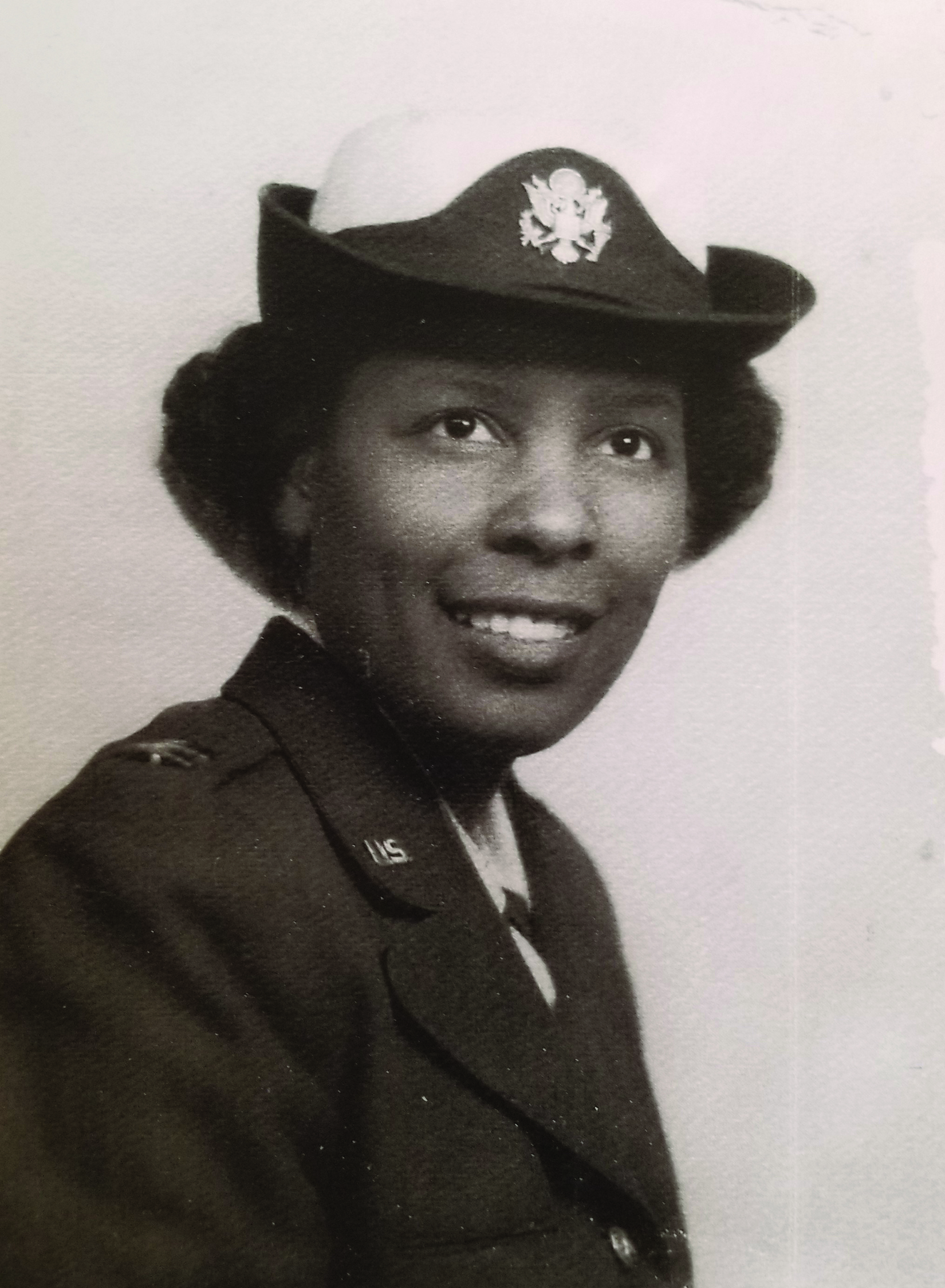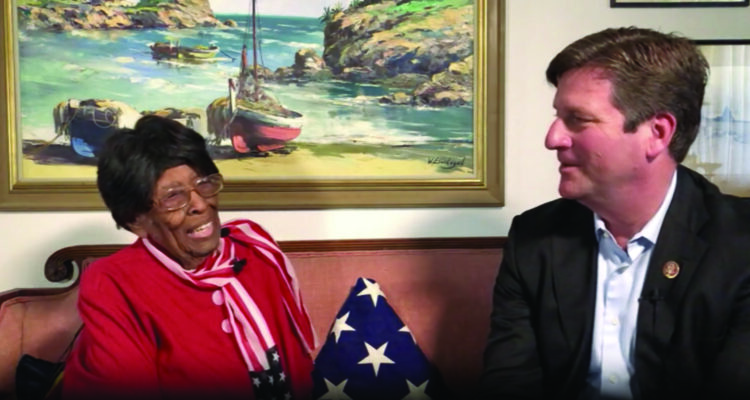5 meaningful ways to pay tribute
(Family Features) Veterans play an important role in U.S. history. Over time, the demographics of veterans have changed, but few realize the growing role of women in the armed forces. Today, women comprise 11% of the veteran population. According to the Pew Research Center, that number is expected to increase to 18% by 2048.
 Fannie Griffin McClendon is one of those women. She enlisted during a tumultuous period of history that spanned World War II, the Korean War and the Vietnam War. Her more than two decades in the military included service in both the Army and Air Force. In an oral history interview for the Library of Congress Veterans History Project, she recalled her proudest memory was her time with the 6888th Central Postal Directory Battalion during World War II. As the only all-African American, all-female unit deployed to Europe, it processed mountains of mail for U.S. servicemembers in Europe in 1945 and is credited with boosting the troops’ morale. McClendon also provided a unique perspective of life as a career military officer in an era when African American women faced bigotry and barriers.
Fannie Griffin McClendon is one of those women. She enlisted during a tumultuous period of history that spanned World War II, the Korean War and the Vietnam War. Her more than two decades in the military included service in both the Army and Air Force. In an oral history interview for the Library of Congress Veterans History Project, she recalled her proudest memory was her time with the 6888th Central Postal Directory Battalion during World War II. As the only all-African American, all-female unit deployed to Europe, it processed mountains of mail for U.S. servicemembers in Europe in 1945 and is credited with boosting the troops’ morale. McClendon also provided a unique perspective of life as a career military officer in an era when African American women faced bigotry and barriers.
Through the Veterans History Project, the Library of Congress collects and preserves the firsthand remembrances of U.S. military veterans like McClendon and makes them accessible for future generations to better understand veterans’ service and sacrifice. Stories are available to the public on the Library’s website and at the Washington, D.C. campus.
You can extend this work and honor women veterans in your community with simple acts of appreciation such as:
Support Women Veteran-Owned Businesses
Take your support for small businesses one step further and look for women veteran-owned businesses to support. These leaders are making waves in the business world and the nonprofit sector. If possible, provide mentorships for women veterans to help transition to civilian life.
Encourage Women Veterans to Share Their Stories
Interview the women veterans in your life and capture the details of their military experiences. Then share your documentation with the Veterans History Project, which helps preserve these stories for future generations.
Submit a 30-minute (or longer) unedited video or audio interview sharing service details and/or a collection of original photos or correspondence. Veterans, or families of deceased veterans, may also submit a minimum 20-page journal and/or unpublished memoir or 10 or more original photos or letters. Visit loc.gov/vets and click “How to Participate” for instructions.
Learn More About Women Veterans
Educate yourself, your children and those around you. Visit museums and memorials, many of which have specific displays to honor the sacrifices and triumphs of women veterans.
Advocate for and Empower Women Veterans
Support initiatives and programs that serve women veterans. Empower them to acknowledge their service and take advantage of the programs and resources available.
Say ‘Thank You’
This may be the easiest, yet most impactful, way you can support veterans, and there are many ways to do so. Shake her hand, buy her lunch or send her a card or letter. None of these take much time, but each can have a big impact.
Photos courtesy of the Library of Congress Veterans History Project, Fannie Griffin McClendon Collection, AFC2001/001/119440 and Fannie Griffin McClendon.

